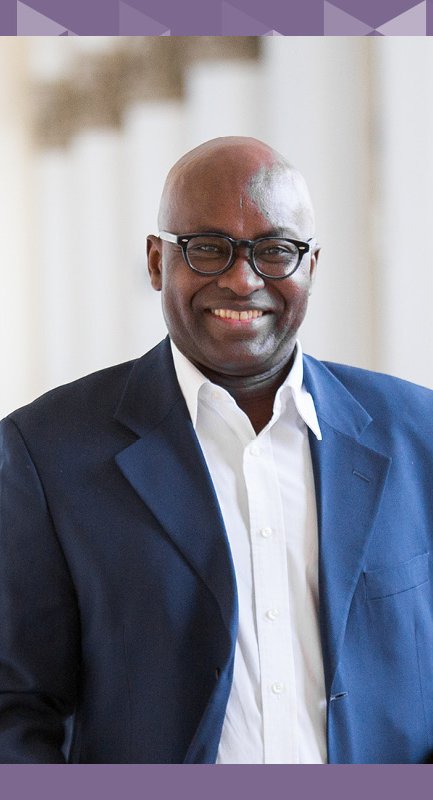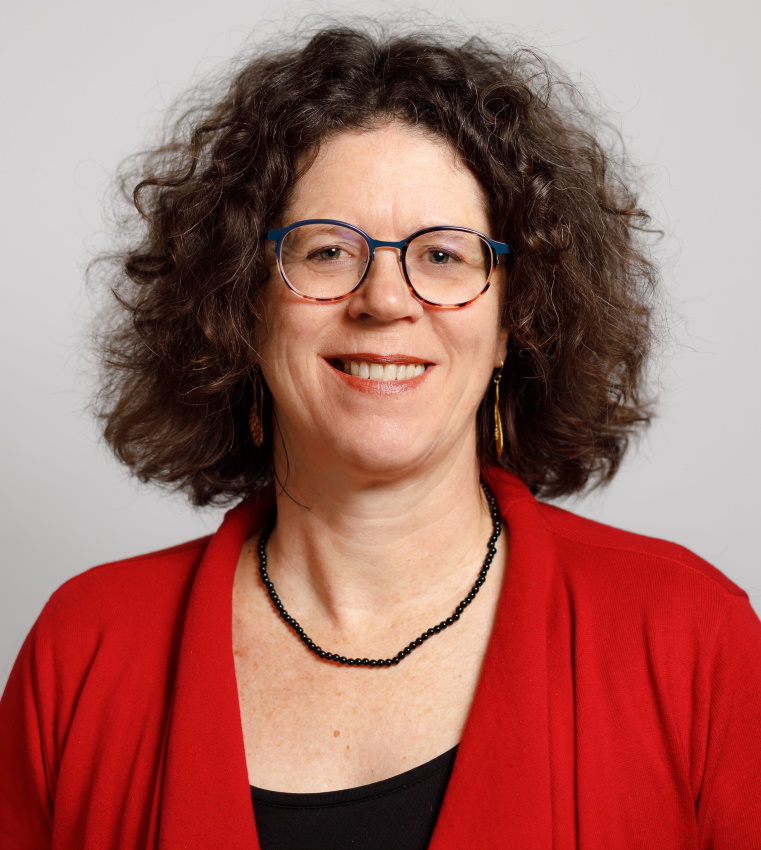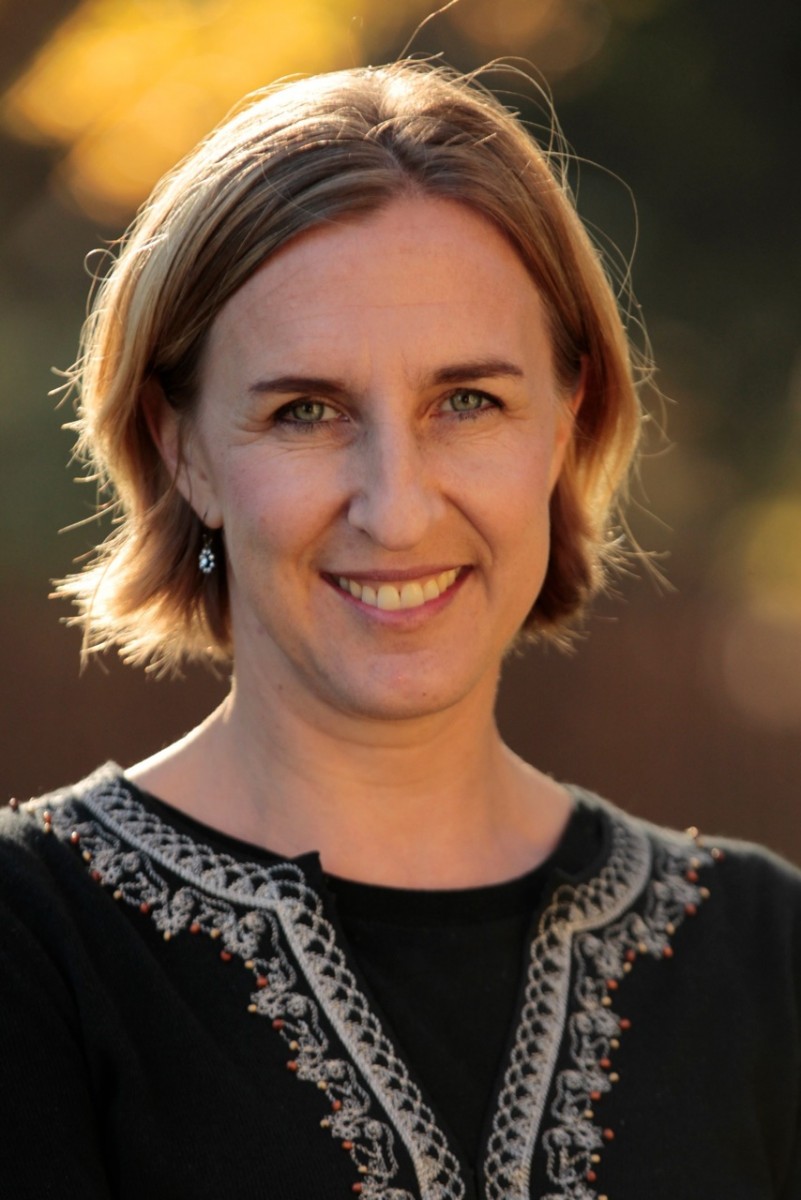MF CASR Annual Lectures
2024 - Imaginative Limits and Invisible Labor: Early Christian History in the Shadows of Erasure

Candida Moss - Edward Cadbury Professor of Theology, University of Birmingham
Like all history, early Christian history has been shaped by selective memory practices, where certain narratives and figures have been elevated while others have been obscured or forgotten. The boundaries that dominant cultural forces have imposed on historical imagination have led to the erasure of the labour and lives of women, slaves, and other marginalized individuals.
This lecture explores the complex interplay between historical memory, erasure, and the often-overlooked contributions of marginalized groups in early Christianity. It calls for a re-examination of how the past is understood and interpreted, urging scholars to consider the ethical implications of erasure and the importance of bringing marginalized voices to the forefront of historical narratives.
2023 - Magic, Gypsy Stereotyping, and Roma Agency: Reflections on the Roma in the European History of Magic

Egil Asprem - Professor of Religious History, Stockholm University
Europe’s Romani minorities have, since the very beginning of the west-European diaspora in the early 1400s, repeatedly been associated with practices such as fortune-telling, divination, and sorcery. In fact, “magic” is one of the constantly recycled elements in stereotypes about “gypsies”, reproduced in art and literature as well as in legislation, scholarship, and popular culture.
Through a historical perspective informed by recent approaches in critical Romani studies, this lecture explores the origins and development of the connection between magic and the Roma, and discusses some of its effects on European anti-gypsy practices and policies. This leads to a challenging question: Given that magic has functioned as a discourse of alterity and exclusion, is it possible to recover some of the Roma’s agency through the history of magic? A first step must be to shift the narrative by relocating magic from the “exotic Other” to the European majority cultures that the Roma encountered.
2022 - Restitution, Reparation and the Capacity for Truth

Achille Mbembe - Professor, Wits Institute for Social and Economic Research, University of the Witwatersand
Any restitution, if it is to be authentic, must be enacted on the basis of a corresponding recognition of the seriousness of the harm suffered and the wrongs inflicted. Further still, restitution is an obligation whenever a conscious and deliberate act of destruction has been undertaken against another's life. The truth is that Europe took things from us that it will never be able to restitute. This debt of truth cannot be erased as a matter of principle. Honouring it is not a matter of charity or compassion. As Edouard Glissant never ceased to reiterate, honoring truth comes with the commitment to learn and remember together. It goes by way of a commitment to repairing the fabric and visage of the world, to embracing, eyes wide open, the inextricability of the world and its composite character, in memory of the Earth that we share and in memory of all its inhabitants, humans and nonhumans.
2021 - Archival Amnesia: The Dead Sea Scrolls, the Biblical Canon, and the Forgotten Jewish Past

Annette Yoshiko Reed - Professor of New Testament and Early Christianity, Harvard University
Archives and anthologies are commonly viewed as technologies of preservation, protecting the memory of the past from the dangers of forgetting--and perhaps nowhere more so than with scriptures. Drawing upon theoretical and historiographical insights on the archive, this lecture looks instead to what is forgotten and relegated to forgetting in the process of archivalization. To do so, it looks especially to what the discovery of the Dead Sea Scrolls has revealed about the power of biblical canons in shaping and constraining the memory of the biblical past. What might we see, instead, when we focus on their amnesia-inducing effects, as engines and fulcrums of forgetting? And what might we recover, in the process, about the cultural power of forgetting?
2020 - Female Agency and Religious Conservativism: New Roles for Women in Hinduism

Ute Hüsken – Professor of Cultural and Religious History of South Asia, Heidelberg University
In most mainstream traditions of Hinduism, women have until recently categorically been excluded from positions of religious and ritual leadership, restricting them to roles as supporting yet largely passive consumers of religion. However, this situation is about to change: in an increasing number of contexts, women can and do undergo priestly education; they can receive initiation as Hindu religious specialists; and they are accepted as ascetic religious leaders. Although these processes still largely take place outside of traditional religious institutions, it is clear that women are actually establishing new religious trends and currents, attracting followers, and are occupying religious positions on par with men. At times women are filling a void left behind by male religious specialists who left the profession, at times they are perceived as their rivals. In some cases, this process takes place in collaboration with male performers, in others against the will of the women’s male counterparts. However, in most cases we see both, acceptance and resistance. Whether silently or with great fanfare, women grasp new opportunities, occupying positions of public leadership on par with men.
By looking into the details of two conservative settings in India, namely the case of priestesses in Sanskritic Hinduism in Pune (Maharashtra), and a school imparting Vedic education to girls in Benares (UP), the presentation explores situations of pronounced change in the religious and ritual agency of women, looking at religious agency as a process.
2019 - Religion on the Border: The Politics of the ‘Muslim Ban’ and the Limits of Law

Elizabeth Shakman Hurd – Professor of Politics and Religious Studies, Northwestern University
Within a week of taking office, Donald Trump issued an executive order suspending entry to the U.S. for citizens of seven countries. The Federal Courts deemed the order and a second version unconstitutional. In October 2017, a district court in Hawaii granted an injunction barring enforcement of a third iteration placing entry restrictions on the nationals of eight states whose systems for sharing information the President deemed inadequate. The 9th Circuit upheld the injunction. In June 2018, the U.S. Supreme Court reversed the Ninth Circuit, ruling 5-4 in favour of the government. With anti-Muslim rhetoric at the highest levels of the U.S. government, including numerous incontrovertible statements by the President, how could the majority find that the ban is not about religion? In this lecture, Professor Hurd suggests that it is not and never has been possible to disentangle religious animus from practices of national security. To understand the ban, therefore, requires confronting the ways in which religion and national security are entangled in Proclamation 9645 and in the history of American foreign and immigration policy more broadly. The law is ill-equipped to address this situation because it is in part responsible for creating it.
